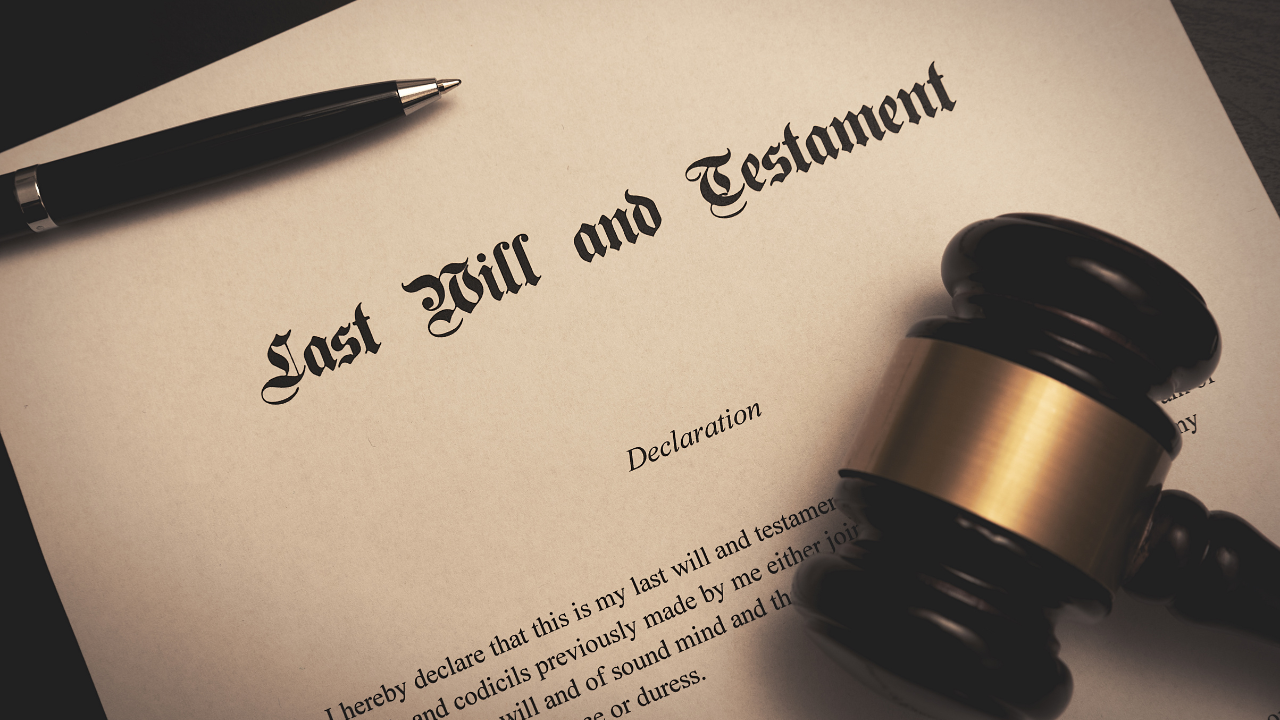
Creating a Will in Michigan
What is a Will?
A Will, also known as a testament, is an important legal document that allows a person to state where their property and assets will go after their death. It can also direct care of any dependents that rely on the deceased. Without a Will, people run the risk of not having their wishes fulfilled. They become ”intestate” and a probate court will determine how to distribute their property and assets among their kin based on the laws of the state the deceased resided.
When should I start a Will?
Many people wonder when they should draft a Will. Most families get uncomfortable thinking about death and delay, but that is the worst thing you can do. Once a person turns 18, it is best to draft a testament. Even if a person doesn’t have large assets, it ensures they have a say in where their property goes. Without it, there is no legal assurance that their wishes will be granted. If they have a pet for example, a Will can assure their pet will be taken care of.
Other reasons to draft a Will include owning a home or property. Michigan intestate succession rules could find a distant relative entitled to your estate that you did not intend to inherit. If you do not have a testament in place, complicated laws may find that relative to be legally entitled to inherit rather than a loved one. Careers, savings or investments are all reasons to have a Will. The testament can ensure the money made goes to those the deceased cared about.
Types of Wills
The next step is to determine what type of Will a person might need. There are three common types of Wills, each with their own unique strengths.
Simple Will
Simple Wills are best for those who do not have vast amounts of money or only plan to distribute personal belongings. Those looking to find ample care for dependents might want a more complex type of testament. Simple Wills are easy to create and have simple processes if one would like to amend it. It is not recommended for those with extensive estate planning and only holds basic measures.
Testamentary Trust Will
Testamentary Trust Wills are typically used by those with underage beneficiaries or those who plan to give an inheritance. This type of Will also typically has conditions set that the beneficiaries must meet before they may inherit. The document requires assets to go into a trust for the will-maker’s beneficiaries and names a trustee. The assets can then grow in value as they wait for the beneficiary to meet all conditions set by the will-maker.
Pour-over Will
Pour-over wills are for those who would like all estate assets to be transferred into a trust after they die. For a Pour-over Will to be valid, the trust must have been previously established before the death. After the trustee meets any requirements of the trust, all assets will go directly to the trustee without having to go through probate court.
Can I write a Will myself?
Although it is possible to write a Will on your own, it is not advisable. If written incorrectly, the testament may not hold up in court if contested and the deceased wishes may not be honored. Supreme Court Justice Warren Burger wrote his own Will; yet despite his legal background, the testament contained many errors. So many in fact, that when he passed, his heirs ended up owing taxes amounting to over $450,000.
Writing a Will is a complex process that requires experience and precision. If you’re interested in drafting a Will for your estate, please contact Fausone & Grysko, PLC. Send us a message online or call our office at (248) 380-0000.
